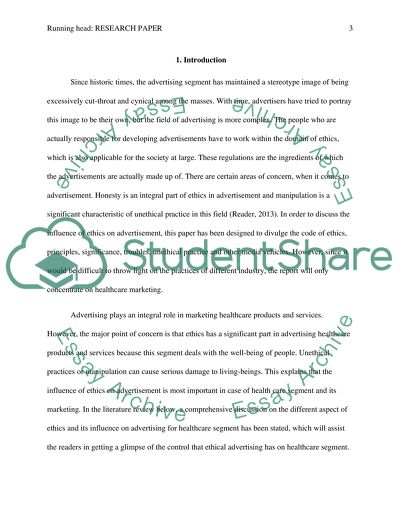Cite this document
(“How Advertising is influenced by Ethics Research Paper”, n.d.)
Retrieved from https://studentshare.org/marketing/1489888-how-advertising-is-influenced-by-ethics
Retrieved from https://studentshare.org/marketing/1489888-how-advertising-is-influenced-by-ethics
(How Advertising Is Influenced by Ethics Research Paper)
https://studentshare.org/marketing/1489888-how-advertising-is-influenced-by-ethics.
https://studentshare.org/marketing/1489888-how-advertising-is-influenced-by-ethics.
“How Advertising Is Influenced by Ethics Research Paper”, n.d. https://studentshare.org/marketing/1489888-how-advertising-is-influenced-by-ethics.


